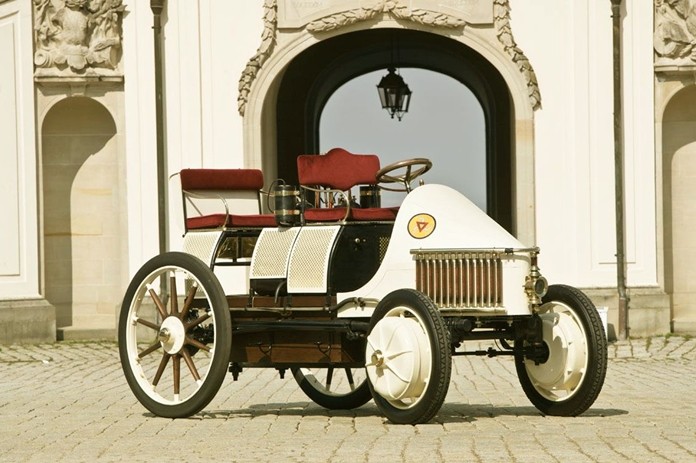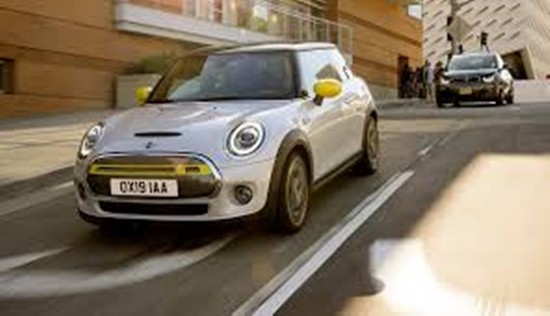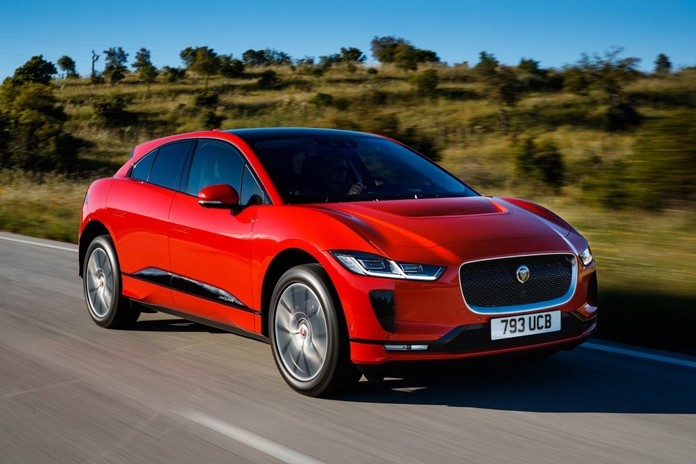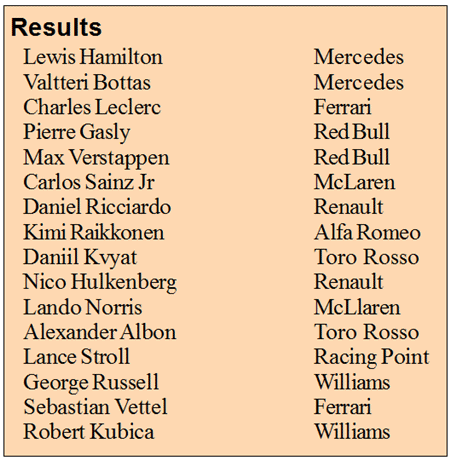London (AP) — Jaguar Land Rover says it will manufacture a range of electric cars in the U.K., a boost to an industry braced for turmoil ahead of Britain’s departure from the European Union.
The all-electric version of the Jaguar XJ sedan will be made at the firm’s factory in Castle Bromwich, in central England. The plant will close for six weeks so new equipment can be installed.
CEO Ralf Speth said Friday that the “future of mobility is electric,” and that the company is committed to making the next generation of zero-emission vehicles in the U.K.
The decision comes during a time of great anxiety for the auto industry in the U.K., which is struggling with uncertainties over Brexit as well as global issues buffeting the sector. However, since cars are these days built anywhere, I am sure Brexit will soon be a forgotten issue. Jaguar unreliability will be a greater talking point.
History of the electric vehicle
If you hadn’t noticed, the electric vehicle movement is everywhere. They even have a Grand Prix just for electric racers. Within 10 years the current F1 cars will have become obsolescent.
Early history in 1828, Ányos Jedlik invented an early type of electric motor, and created a small model car powered by his new motor. In 1834, Vermont blacksmith Thomas Davenport built a similar contraption which operated on a short, circular, electrified track. By the turn of the century Dr. Porsche was building race winners with four in-wheel battery electric motors with the battery being charged by a small internal combustion engine. This was called the Lohner Porsche Mixte. Toyota and the Prius were not the first to come up with this concept.

Lekky MINI a production car
If you still harbor uncertainty as far as electrification is concerned, down there in the BMW camp, electric cars are the go, with MINI the next offering.
Oliver Zipse, the BMW board member in charge of production, said: “We are entering an era in which electric cars will become a normal choice for our customers. “The Mini Electric will kick off our new model offensive for fully electric vehicles.”
Sales of battery electric vehicles in the UK have surged in recent months, but from a very low base: only 11,975 were sold in the first half of the year, or 0.9 percent of total car sales, according to data from the Society for Motor Manufacturers and Traders (SMMT). Despite the successes of Tesla and Nissan’s Leaf electric vehicles, the industry is still waiting for a breakout electric hit.
The new chief executive of BMW will oversee a plan to launch 25 new electrified models by 2023, with at least 13 full-electric rather than hybrid. However, the company has also hedged its bets by producing its full-electric, hybrid, and internal combustion models using the same underlying blueprint and the same production lines – meaning it can quickly switch between fuel types in response to customer demand.

JLR (Jaguar Land Rover) may be busy in the boardroom but JLR is cutting 4,500 jobs from its global workforce as part of £2.5bn cost-saving program amid falling sales in China and Europe and record losses of £3.4bn in the last three months of 2018. BMW, meanwhile, is trying to cut costs by €12bn and has warned that profits will fall this year.
The huge costs to carmakers of developing electric vehicles come at a time when regulators are tightening the rules on emissions.
Last month Fiat Chrysler and Renault announced plans for a €33bn merger in a move that would create the world’s third-largest carmaker, saving the companies the billions needed to fund the race to make electric and autonomous vehicles. However, as reported last week, the merger talks failed.
BMW was one of the first major carmakers to launch a fully electric car, with the i3 hitting the market in 2013. JLR also has an electric car, the Jaguar i-Pace, and both companies have a range of plug-in hybrid models.

Klaus Froehlich, a BMW board member, said: “Together, we have the opportunity to cater more effectively for customer needs by shortening development time and bringing vehicles and state-of-the-art technologies more rapidly to market.”
Engineers from JLR and BMW will work together to design the components, which will then be made at their manufacturing sites. For JLR, this will be at its engine plant in Wolverhampton, which employs 1,600 people.
What did we learn from Silverstone?
What did we learn? The first item to learn was this was an exciting Grand Prix with tussles all the way down the order. On a circuit that allows for passing you can get true racing, as opposed to the ‘round the houses’ tracks favored by the FIA.
Well, we also learned that Lewis Hamilton (Mercedes) is one lucky chap, having been gifted the win by the safety car coming out which slowed the field down allowing Hamilton to dive into the pits and rejoin in first position. His rival, team mate Valtteri Bottas, had pitted when the race was at full speed.
We also saw that the four times Drivers Champion Sebastian Vettel (Ferrari) has sealed his fate for next year, with a very amateurish crash into the back of Max Verstappen (the Flying Dutchman Red Bull) who was already up to third at that stage. Max is a genuine talent and has outshone his F1 father Jos Verstappen, remembered for accidents and fire in the pits.
Vettel’s performance this year has been a string of mistakes, and he has been overshadowed by his team mate the talented youngster Charles Leclerc. The stewards of the meeting handed Vettel a 10 second penalty, but I doubt if that will change his performance (or attitude). Ferrari is not known for hanging on to drivers who are not bringing in the results expected of them.
The second string Red Bull driver Pierre Gasly was another to benefit from the timing of the Safety car. Gasly’s seat is in doubt for next year, so this GP is a welcome result for the young Frenchman.
A race-long fight between Daniel Ricciardo (Renault) and Carlos Sainz Jnr (McLaren) saw the McLaren finishing in front. McLaren has done a complete turn-around compared to last year, as has Renault. By year’s end, you will see both these teams looking for podiums.
Kimi Raikkonen (Alfa Romeo) continues to amaze, now being looked upon as the Keith Richards (The Rolling Stones guitarist) of Grand Prix racing. Kimi was in the points all the way through the event and knows how to avoid accidents. Age, experience and animal cunning beats youth and enthusiasm once again!
One team that did not cover itself with glory was the American Haas outfit. The team drivers Magnussen and Grosjean managed to run into each other on the first lap and it was downhill from there! Grosjean’s weekend had already included a major crash in pit lane, on the Saturday. Grosjean is another driver looking at a retirement package for 2020, who explained his plight at the British GP as, “I picked up the rear right puncture. After the pit-stop the damage to the car, on the floor, the brake ducts and so on, it was too much to be able to carry on racing. We had to retire the car unfortunately.”
There are three very talented young drivers this year with Leclerc 3rd, Lando Norris (UK) 11th and Alexander Albon representing Thailand 12th.





